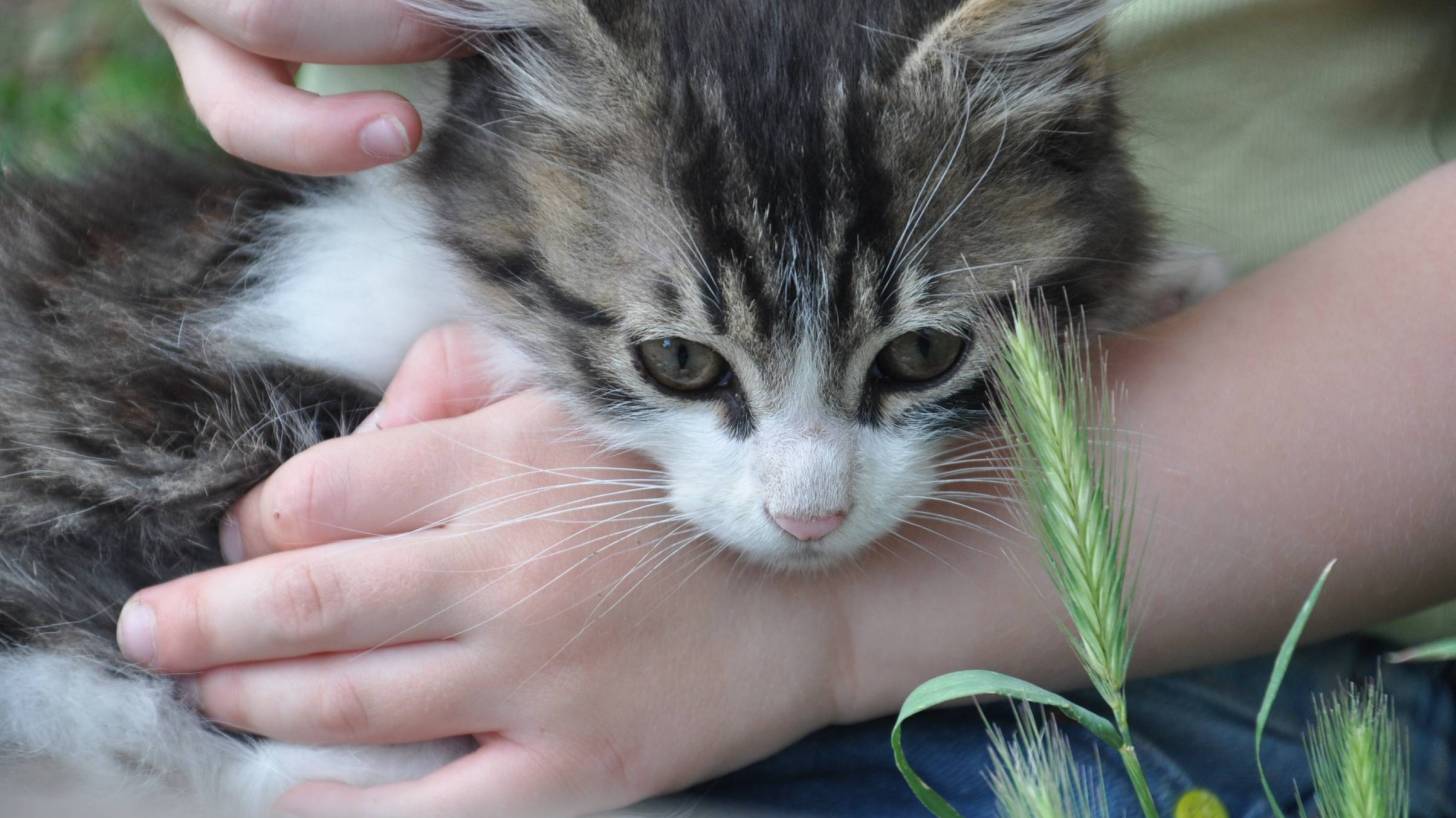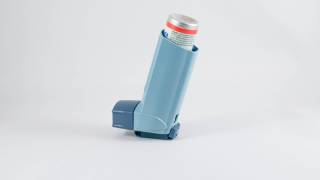Cat Allergy Vaccines Demand New Technology

Cats are considered by 33 percent of people a beloved pet. But, a large number of allergenic people disagree.
Since cats are a common source of allergens, most allergists advise children not to bring a cat home, because about 14 percent of children are allergic to cats.
At least not until a cat allergy vaccine becomes commercially available.
Which may be years away.
But, new asthma research says children may actually benefit from having a cat at home.
This new ‘understanding’ is the recognition that pet exposures consist of not only allergen exposures, but also changes in microbial exposures.
Exposures to certain pet-associated microbes, especially in the neonatal period, appear to be able to dramatically alter how a child’s immune system develops.
And cat exposure, in turn, reduces the risk of allergic sensitization and disease.
This ongoing clinical study says children exposed to high indoor levels of pet allergens during infancy have a lower risk of developing asthma by 7 years of age.
While previous studies have established that reducing allergen exposure in the home helps control established asthma, the new findings suggest that exposure to certain allergens early in life, before asthma develops, may have a preventive effect.
“We are learning more and more about how the early-life environment can influence the development of certain health conditions,” said National Institute of Allergy and Infectious Diseases Director Anthony S. Fauci, M.D., in a press release.
“If we can develop strategies to prevent asthma before it develops, we will help alleviate the burden this disease places on millions of people, as well as on their families and communities.”
According to the Centers for Disease Control and Prevention, more than 8 percent of children in the United States currently have asthma, a chronic disease that intermittently inflames and narrows the airways.
Treatment options available for cat allergies includes antihistamine and decongestant medications.
But, synthetic epitope vaccines are now considered the ultimate choice to treat cat allergy.
Epitopes are short amino acid sequences of a protein that can induce a more direct and potent immune response than the response induced by the whole cognate protein.
First-generation vaccines are composed of live or fixed whole pathogens, while second-generation vaccines include, among others, the native protein antigens purified from the pathogen.
And furthermore, third-generation vaccines are comprised of DNA plasmids capable of expressing the sequence of the most important pathogen protein antigens in the host.
During this evolution of vaccines, there has been a gain in safety, however, with a loss of efficacy that has been compensated for with the use of adjuvants.
“For immunologists, the holy grail in allergy is to switch on and off the immune response to one specific stimulus,” said Dr. Fauci.
One of these previous cat allergy vaccine failures is Circassia’s Cat-SPIRE vaccine.
Circassia used Synthetic Peptide Immuno-Regulatory Epitopes (Spires), which was developed by researchers at Imperial College.
Earlier clinical trials had shown promising results.
However, Circassia’s phase three clinical trial failed spectacularly, with an unprecedented, positive placebo effect, which had not occurred in earlier clinical studies.
“Who could predict that a placebo could have such a massive effect?” said Circassia Chief Executive Steve Harris. “In some ways, this failure would be easier to take if the drug had not shown such a strong effect.”
A vaccine market analyst said ‘this positive placebo effect suggested that study participants exaggerated the severity of their allergic reaction to cats at the outset of the trial.
NIAID study was funded under award numbers AI025496, AI25482, HHSN272200900052C, HHSN272201000052I, AI114271-01 and AI117870. The URECA study is conducted at the Boston University School of Medicine, Johns Hopkins University in Baltimore, Saint Louis Children’s Hospital and Columbia University in New York. The URECA study is no longer recruiting, but more information is available at ClinicalTrials.gov using identifier NCT00114881.
Our Trust Standards: Medical Advisory Committee
- Urban Environmental Factors and Childhood Asthma (URECA)
- Exposure to pet and pest allergens during infancy linked to reduced asthma risk
- Circassia Shares Plunge After Trial of Experimental Cat Allergy Drug Fails
- Not to be sneezed at: profit versus peril in race for allergy vaccines
- Anaphylaxis in Children: Current Understanding and Key Issues in Diagnosis and Treatment
- Cat Allergy Update: Vaccine Vs Shots








